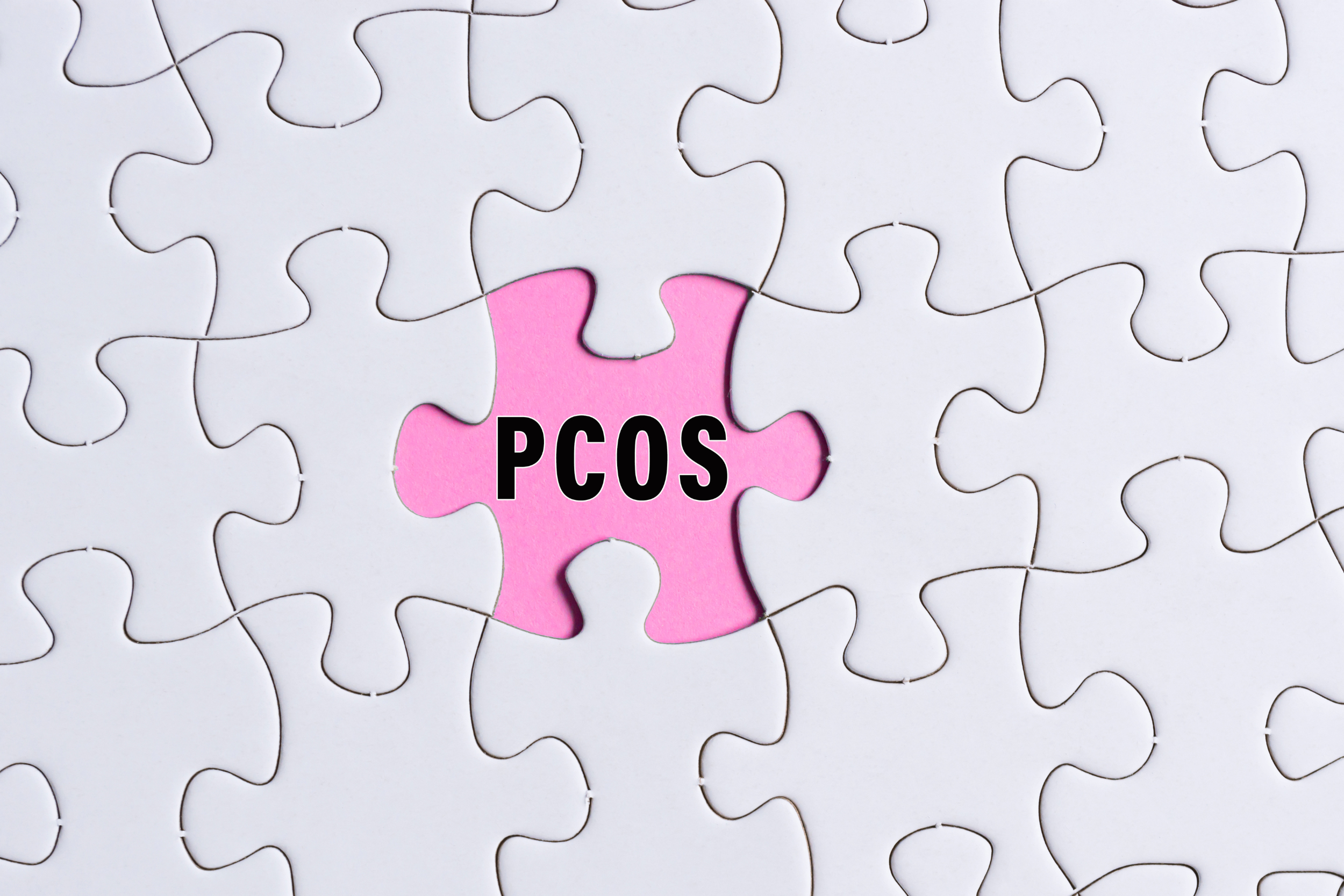Managing PCOS Through Nutrition: Functional Strategies for Hormone Balance
Managing PCOS (Polycystic Ovary Syndrome) can be overwhelming, but with strategies rooted in functional nutrition, you can regain control over your hormonal health. Addressing the underlying factors contributing to hormone imbalances is key to effectively managing PCOS. In this article, we'll explore these strategies designed to support hormone balance and alleviate PCOS symptoms, empowering you to take proactive steps towards better health.
Understanding PCOS
PCOS is a multifaceted hormonal disorder affecting millions of women worldwide. Characterized by hormone imbalance, irregular menstrual cycles, and ovarian cysts, PCOS can impact you physically and emotionally. From weight gain to infertility, its symptoms can significantly affect your quality of life.
The Role of Nutrition in PCOS Management
Nutrition plays a pivotal role in managing PCOS and mitigating its symptoms. By focusing on nutrient-dense foods and lifestyle modifications, we can address root causes and support your body's healing processes. Let's explore some strategies for managing PCOS:
Balancing Blood Sugar Levels: PCOS is often associated with insulin resistance, leading to elevated blood sugar levels and increased insulin production. To combat this, focus on:
Prioritizing protein-rich foods such as lean meats and legumes to support muscle health and satiety.
Including healthy fats like avocado and nuts to improve insulin sensitivity.
Incorporating complex carbohydrates like whole grains and veggies to promote steady energy levels.
Supporting Hormone Balance: PCOS involves hormonal imbalances, including elevated androgens (male hormones) like testosterone. To support hormone balance, consider:
Consuming anti-inflammatory foods (like omega-3 fatty acids found in fatty fish, turmeric, ginger, leafy greens, and cruciferous vegetables) to reduce inflammation and mitigate androgen excess.
Incorporating phytoestrogen-rich foods like flaxseeds to regulate estrogen levels.
Avoiding ultra-processed foods and added sugars as often as possible. (They disrupt hormone balance.)
Enhancing Gut Health: Our microbiome plays a critical role in hormone metabolism and regulation, making gut health essential in PCOS management. To support your gut health, consider:
Consuming more fiber-rich foods to promote bowel regularity and feed beneficial gut bacteria.
Including probiotic-rich foods like Greek yogurt and kefir to replenish gut flora and enhance immune function.
Prioritizing fermented foods like kimchi and sauerkraut to reduce inflammation.
Functional Testing and PCOS
Functional testing, such as the GI-MAP, can provide valuable insights into gut health and its impact on PCOS. Dysbiosis, or the imbalance of gut bacteria, has been associated with insulin resistance and ovarian dysfunction. Functional testing can offer personalized data to inform targeted interventions and support your journey towards hormone balance.
Key Takeaways
By implementing these strategies and considering functional testing, you can take proactive steps towards managing PCOS and restoring hormone balance. Remember, you are not defined by your diagnosis, and with the right support, you can thrive in spite of PCOS!


